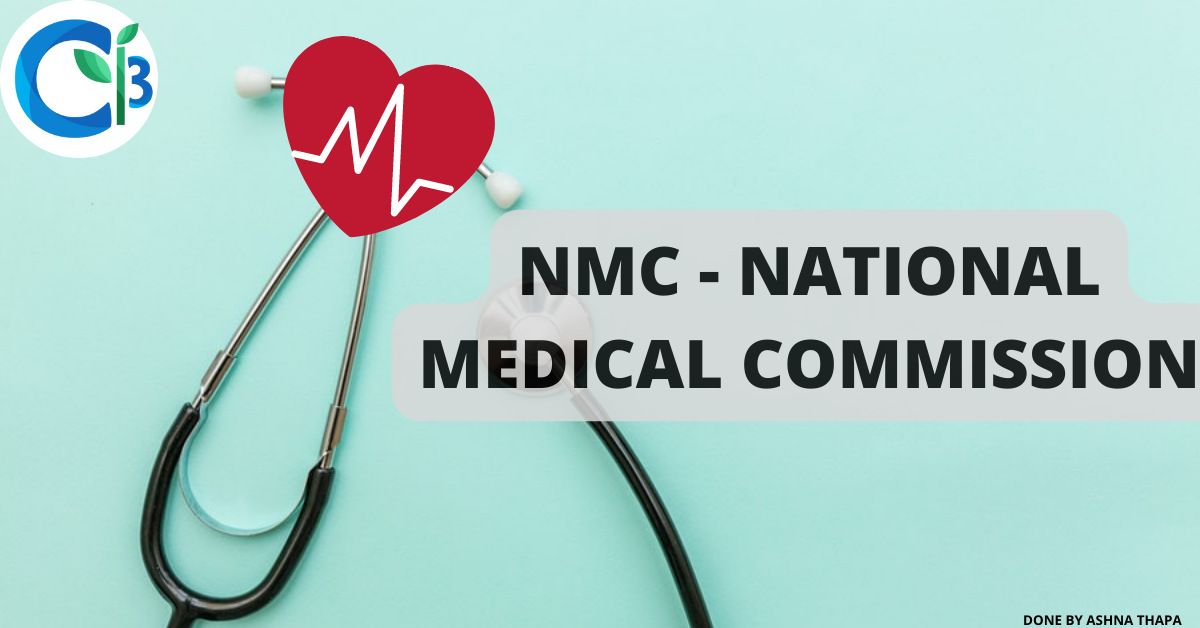In a recent public notice dated 8th February 2024, the National Medical Commission (NMC) has taken a firm stance on the issue of hostel accommodation for post-graduate medical students. The notice brings attention to Regulation 5.G of the Post Graduate Medical Education Regulation (PGMER), 2023, which outlines the obligation of colleges to provide suitable residential accommodation to post-graduate students. However, it stresses that it is not mandatory for students to reside in these hostels.
Highlighting a significant historical context, the notice underscores that previous regulations, such as the PGMER, 2000, did not enforce compulsory residence for post-graduate medical students in college-provided hostels.
Despite the explicit directive, the NMC has been inundated with complaints from post-graduate students alleging coercion by medical colleges and institutions to stay in designated hostels, often accompanied by exorbitant charges. Such actions are regarded as violations of Regulation 5.6 of the PGMER, 2023.
Responding to these grievances, the NMC has issued a clear directive to all medical colleges and institutes, emphasizing strict adherence to the stipulations outlined in the aforementioned Regulation. Failure to comply may result in punitive actions, as delineated in Regulations 9.1 and 9.2 of the PGMER, 2023, including monetary penalties, seat reductions, or even suspension of admissions.
This move by the NMC underscores a commitment to upholding the rights and autonomy of post-graduate medical students. It seeks to address concerns raised by students regarding undue pressure to stay in college-provided hostels, thereby ensuring a conducive and supportive environment for their educational pursuits.
The NMC’s intervention serves as a significant step towards fostering transparency and accountability within the medical education system. By enforcing regulations that safeguard the interests of students, it aims to promote fairness and integrity in the academic journey of future healthcare professionals.
In conclusion, the NMC’s proactive measures in response to complaints regarding hostel accommodation for post-graduate medical students reflect a dedication to fostering a conducive learning environment that prioritizes students’ rights and well-being. It sends a clear message to medical colleges and institutions to uphold regulatory standards and respect the choices of their students, thereby fostering a culture of trust and mutual respect within the medical community.
